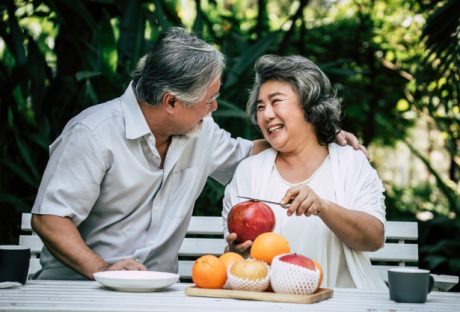Choosing a funeral director is not a shopping task that any sensible person would enjoy undertaking. But choosing the right professional for the occasion will help save time, money, and stress when emotions are already running high. There are many things to look for in a good funeral director on the market. Your research plays an important part in this regard. Here are some tips to consider when choosing a reputable funeral director in town.
The fee charged by the funeral service should cover all the standard features of a contemporary funeral. Besides, there are additional extras that you could request depending on your needs and budget. The service should usually include the coffin, the hearse, and the service itself. It may also include the collection, preparation, and transportation of the deceased. But the cost involved in embalming the body isn’t included in the fee. Here are some other things that you need to check with the funeral director.
- The cost involved in arranging a funeral procession
- The cost of religious officials
- Do they offer payment plans or do you need to pay upfront?
- Whether you get a basic coffin or an eco-friendly coffin for the cost of the package
Finding the right price that matches your needs and budget is important when choosing a good funeral director. In fact, the average funeral cost is almost double compared to the amount you had to pay 5-7 years ago. Since more than 75% of the funerals in the country are cremations, the option might be more cost-effective than a burial. Most clients go with word of mouth and recommendations from someone they trust while there are some who prefer to shop around when choosing a good funeral service in town. No matter what method you use to find a reputable service provider, you should make sure to perform the necessary research involved in choosing the best candidate for the process. That will help save both your time and money.
The best thing is to look for a funeral director service with a membership of a trade organization such as the AFDA – Australian Funeral Directors Association. A professional director will be in touch with the client before the funeral as well as on the day of the funeral. They should offer support and reassurance while dealing with the necessary paperwork. They should see that all the wishes of the client and the deceased are carried out according to the plan. The client may not be in a position to pay attention to every detail of the process considering the emotional state he or she is in. That is why it is important to choose a professional and experienced funeral director service at all times. Such a service is in a better position to deal with all the intricacies of the situation.
The aforementioned article provides information on what you should look for when choosing a reliable funeral director in town.
Read Also:






















